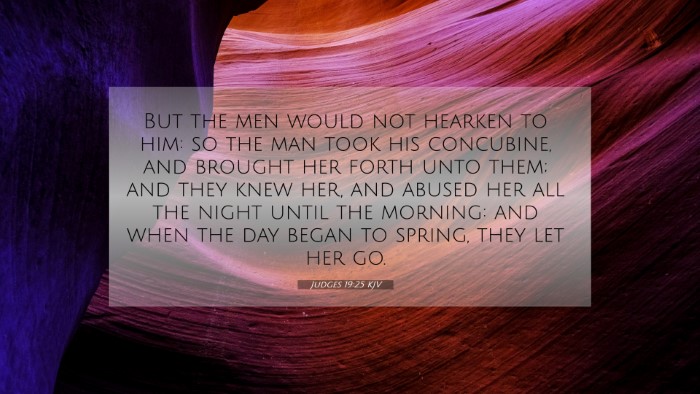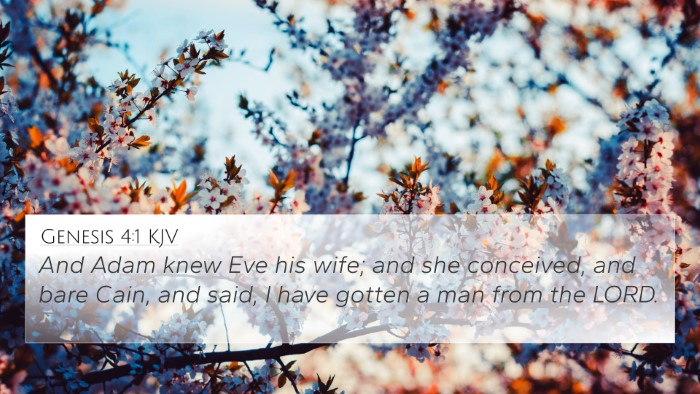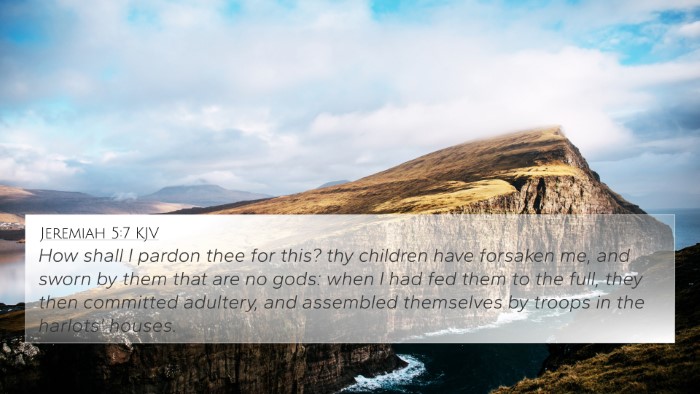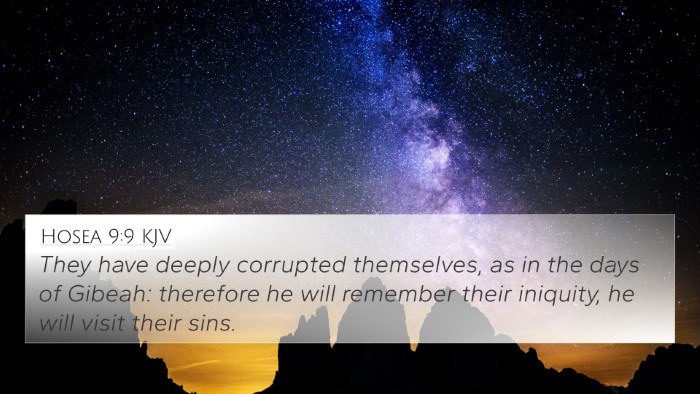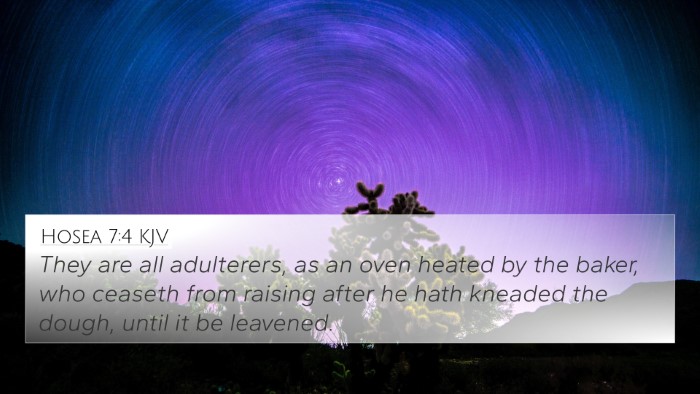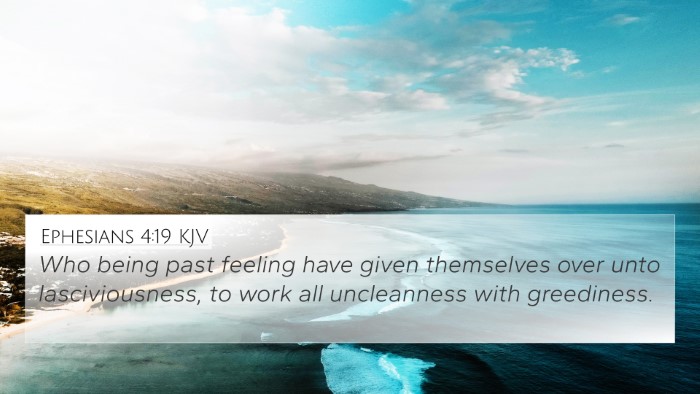Understanding Judges 19:25
Judges 19:25 presents a harrowing account that highlights themes of violence, betrayal, and moral decay within a society that has strayed from God's commandments. The verse describes a tragic event where a young woman is offered to a mob, leading to immense suffering. The complexities of this narrative invite deep reflection on human nature and societal ethics.
Contextual Overview
This incident occurs during the period of the Judges in Israel, a time characterized by moral ambiguity and civil unrest. The Levite's journey with his concubine sheds light on the broader societal issues of the time, particularly the lack of hospitality and the breakdown of social order.
Bible Verse Cross-References
The verse relates to several other scriptures that explore similar themes of violence, hospitality, and societal breakdown. The following cross-references can provide a deeper understanding:
- Genesis 19:1-11 - The story of Lot and Sodom, illustrating inhospitality and sexual violence.
- Judges 20 - The aftermath of the Levite's actions leads to a civil war in Israel.
- Matthew 18:6 - Jesus speaks of the severity of causing harm to the innocent, reflective of the young woman's plight.
- Isaiah 1:21 - A lament on Jerusalem's moral decay, aligning with the chaos portrayed in Judges.
- 1 Peter 2:12 - Encouragement to live honorable lives amongst a perverse generation, echoing the need for moral integrity.
- Romans 1:26-32 - A description of humanity’s moral decline, similar to the actions witnessed in Judges.
- 2 Timothy 3:1-5 - A warning about the last days and the loss of moral compass among people.
Commentary Insights
Matthew Henry’s Commentary emphasizes the gravity of the Levite's actions and the societal norms that permitted such behavior, indicating a departure from justice and compassion. He points out that the woman’s fate reflects the consequences of a community that fails to protect the vulnerable.
Albert Barnes notes the implications of this narrative in terms of the Levite’s failure to safeguard his concubine, pointing out that this reflects a broader systemic failure within Israel at the time. He urges readers to recognize the widespread depravity that such acts symbolize, serving as a cautionary tale against moral laxity.
Adam Clarke provides further insights into the cultural context of hospitality during this period, explaining how the Levite’s reaction and subsequent decisions represent a significant breach of social ethics. Clarke invites readers to reflect on the importance of community responsibility and the dire consequences when those in power fail to act justly.
Thematic Connections
This verse invites consideration of several interrelated themes:
- Violence and Injustice: Judges 19:25 serves as a stark reminder of the human propensity toward violence, a theme echoed throughout scriptural texts.
- The Role of Women: The treatment of the concubine raises questions about gender roles and the protection of women's rights in biblical narratives.
- Societal Morality: How does a society's moral compass impact its treatment of the vulnerable? This question emerges compellingly from the text.
- Divine Justice: The brutal events prompt contemplation on the nature of God’s justice amidst human failings.
Cross-Referencing Biblical Texts
Utilizing tools for Bible cross-referencing can greatly enhance the study of complex verses such as Judges 19:25. Resources like a Bible concordance or a Bible cross-reference guide can reveal thematic connections and parallels that deepen understanding.
Identifying Connections Between Bible Verses
When studying Judges 19:25, it is crucial to identify connections between Old and New Testament scriptures. The tension between violence and divine justice is illuminated through comparative bible verse analysis across different parts of the Bible.
Conclusion
Judges 19:25 serves as a poignant example of how scripture tackles the darkest aspects of human behavior. Through comparative analysis and inter-Biblical dialogue, we can uncover profound insights related to morality, justice, and the nature of community. Engaging with cross-references enriches our understanding and reveals the Bible’s timeless relevance to contemporary moral issues.


